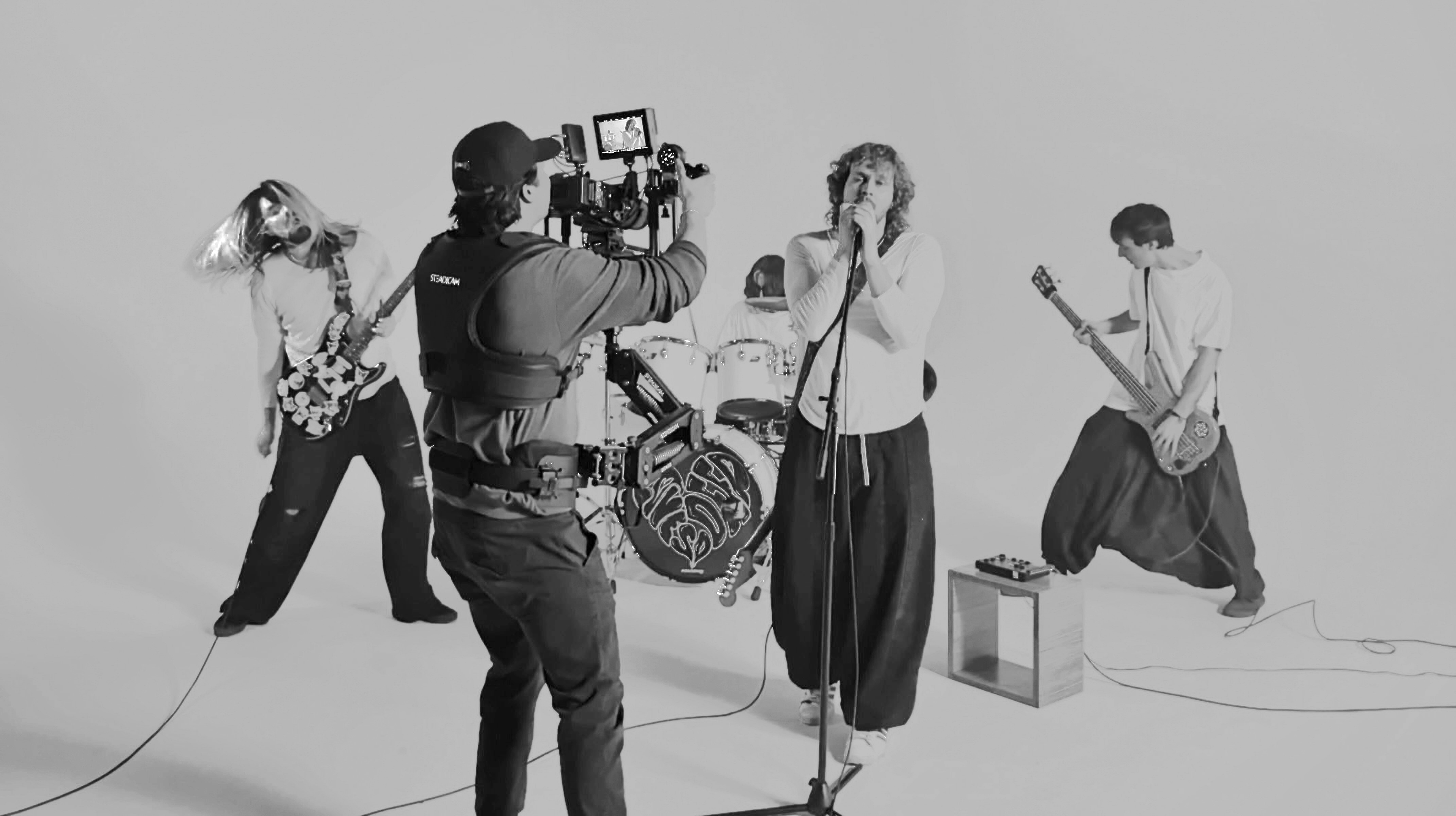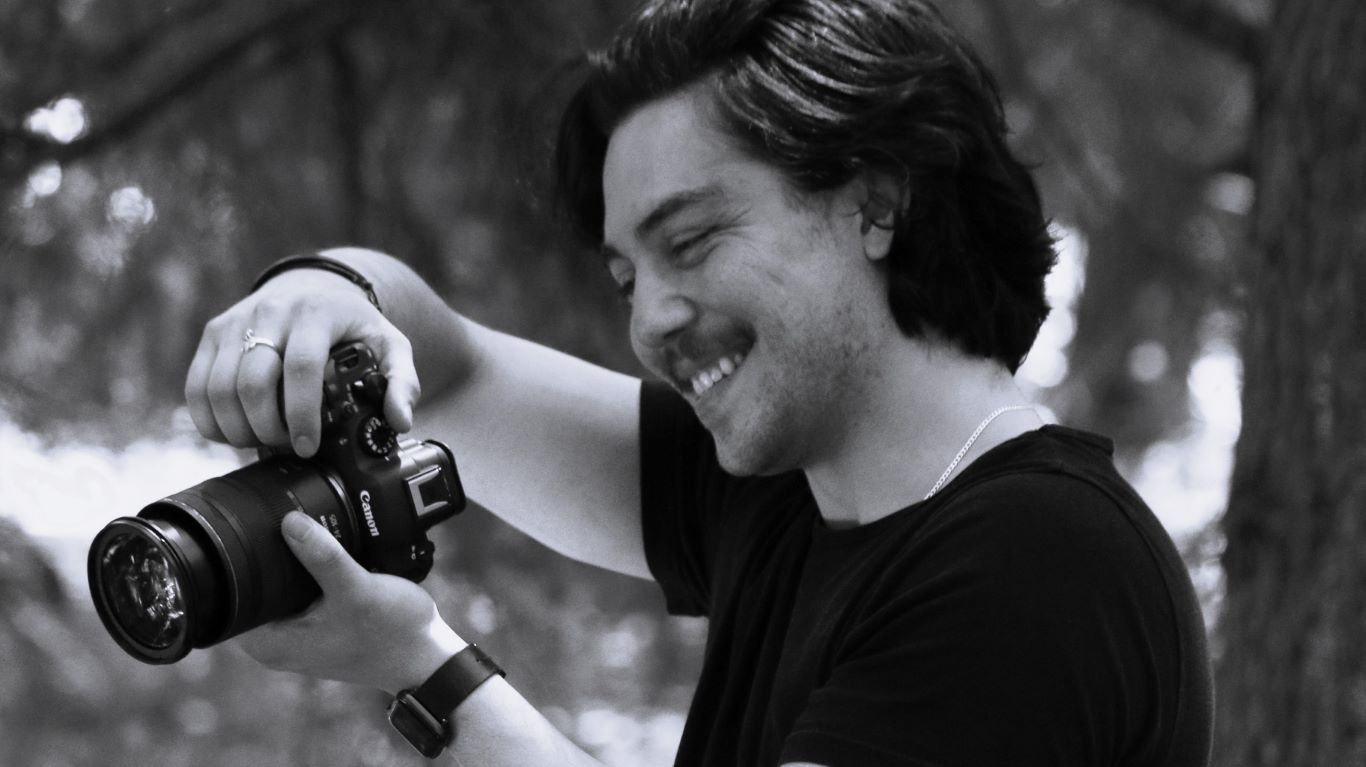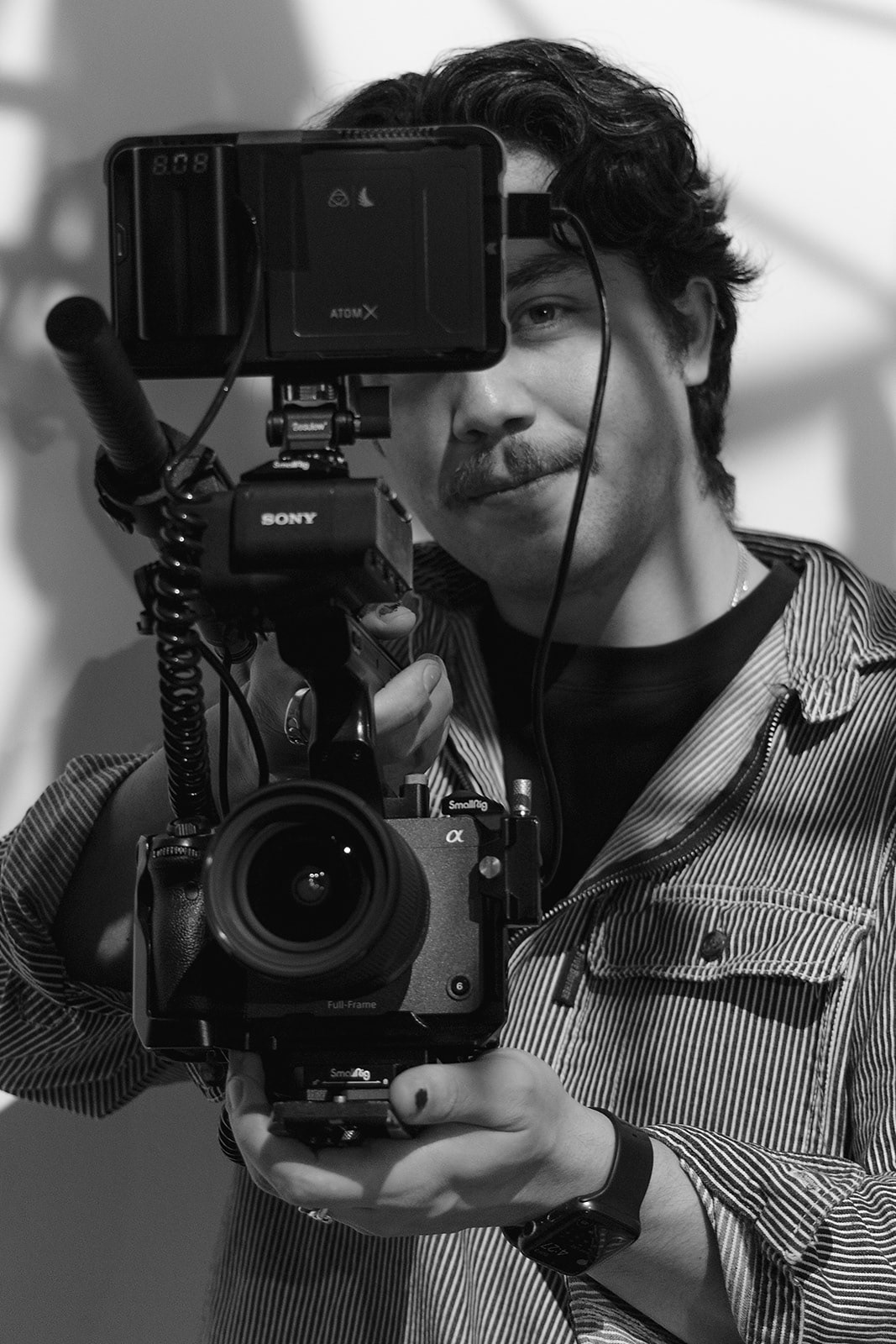RYAN VANNUCCI
-- DIGITAL CV --
📚 MA + PhD Candidate, Communication
@ University of Washington, Fall 2026
Summary: My application frames Communication as the study of how meaning, information, and power move through technological systems. I’m interested in how emerging technologies like AI mediate human interactions and cultural production—how language, thought, and social behavior are reshaped or reinterpreted when generated by machines. In the program and beyond, I hope to study how humans use technology to communicate in their everyday lives, and develop new frameworks for understanding the evolving relationships between mind, language, meaning, and machine. With attention to applied contexts such as social media, human-centered design, AI governance, and the future of creative and intellectual work, such research is critical to the development of new human-centered technologies.
But, why? From computer science undergrad to growth and performance marketing to the camera department - my focus has always been set at the intersections of media, technology, and design. Questions of "why" and "how" have followed me through each environment, and in a moment where the whole world is asking what it means to be human, I find myself passionate about finding ways to contribute to those important definitions that will lead us to develop - and deal with - the next wave of communication technology.
Read my full statement of purpose
PROFESSIONAL EXPERIENCE
● Director of Photography & Video Producer | RYANVMEDIA (2024)
● Brain Box - Producer & Motion Graphics Designer (2024)
● LiquidPlanner - Marketing Manager (2022)
● California Cybersecurity Institute - Marketing Coordinator (2020)
● California Cybersecurity Institute - Videographer (2018)
● WSU, Global Campus - Computing Tech Assistant (2016)
EDUCATION
● Bachelor of Science, Liberal Arts & Engineering Studies with concentrations in Digital Media & Computer Graphics, California Polytechnic State University, San Luis Obispo (2019)
Traditional college degree programs just didn't fit my fancy. I wanted to learn technical skills in computer science & graphics programming at an engineering level while being able to engage with abstract problem-solving and the humanities.
WHY COMMUNICATION?
My professional background in video production, photography, and marketing has given me a front-row view of how messages shift across different platforms. I’ve seen how algorithmic systems select for certain forms of expression while obscuring others, and how creative work increasingly requires negotiating between human stories and machine appetite. Crafting marketing messages with platform specific strategies made me wonder whether a world saturated with trend-based commercial media is truly best for companies or consumers.
In my personal life, I've seen how media has evolved since I first engaged with it. I learned how to play VHS tapes at two years old, fiddled with camera phones when they were first released, and in high school, was amazed when I was given the software to mimic cinema-quality visual effects on my own computer. But now, with modern tools pushing the frontier past these early forms, I'm eager to understand this evolution on a much longer timescale. Technology and media help us feel - they carry meaningful messages, but also have excitement, fear, and many other emotions embedded in their design.
These experiences motivate my interest in research that bridges critical media theory, technology, design practice, and more.
Can understanding how technology makes us feel inform how we build the next generation of human-centered products?
Inspirations
● Sherry Turkle — for her ethnographic and psychological approach to technology, examining how identity and relationships are mediated through machines.
● Nicholas Carr — for his exploration of how digital media and automation transform cognition, attention, and the human experience of meaning in an age of constant mediation.
● Ron Deibert — for his research on surveillance, cybersecurity, and the geopolitics of communication infrastructures, illuminating how information systems shape civil society and power.
● Mary L. Gray — for her analysis of how power, labor, and inequality are embedded in networked systems, particularly in the invisible infrastructures of digital economies.
● Heinz Pagels — for modeling a style of communication that makes complex scientific and philosophical ideas accessible without diminishing their depth.
WHY UNIVERSITY OF WASHINGTON?
I’m drawn to the UW Communication program for its interdisciplinary approach to technology and society, particularly its faculty work in media ecologies, AI ethics, and human-centered communication. I hope to contribute a perspective grounded in creative practice—exploring how storytelling, design, and interface shape the circulation of meaning in algorithmic systems.
ON THE SHELF IN 2025
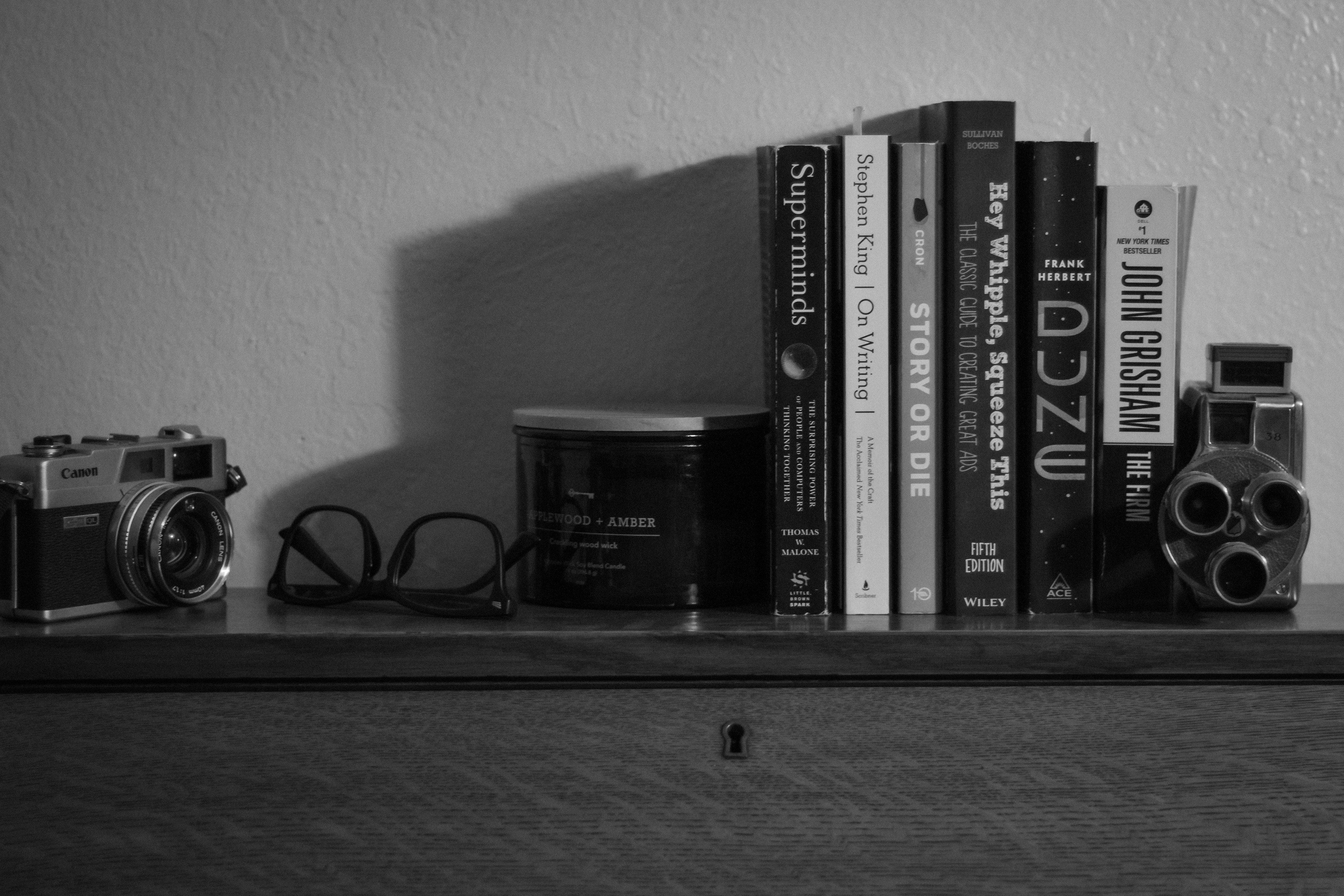
Books:
- Nexus: A Brief History of Information Networks from the Stone Age to AI, Yuval Noah Harari
- The Secret History, Donna Tartt
- Visual Thinking, Rudolph Arnheim
- The Poetics of Space, Gaston Bachelard
- Why Religion?, Elaine Pagels
- The Empathy Diaries, Sherry Turkle
- The Modem World, Kevin Driscoll
- Custodians of the Internet, Tarleton Gillespie
- What We Talk About When We Talk About Love, Raymond Carver
Podcasts & YouTube:
- Hard Fork, New York Times
- A Bit of Optimism, Simon Sinek
- Technically Human Podcast, Deb Donig
- Search Engine, PJ Vogt
- Reimagining the Internet, Initiative for Digital Public Infrastructure
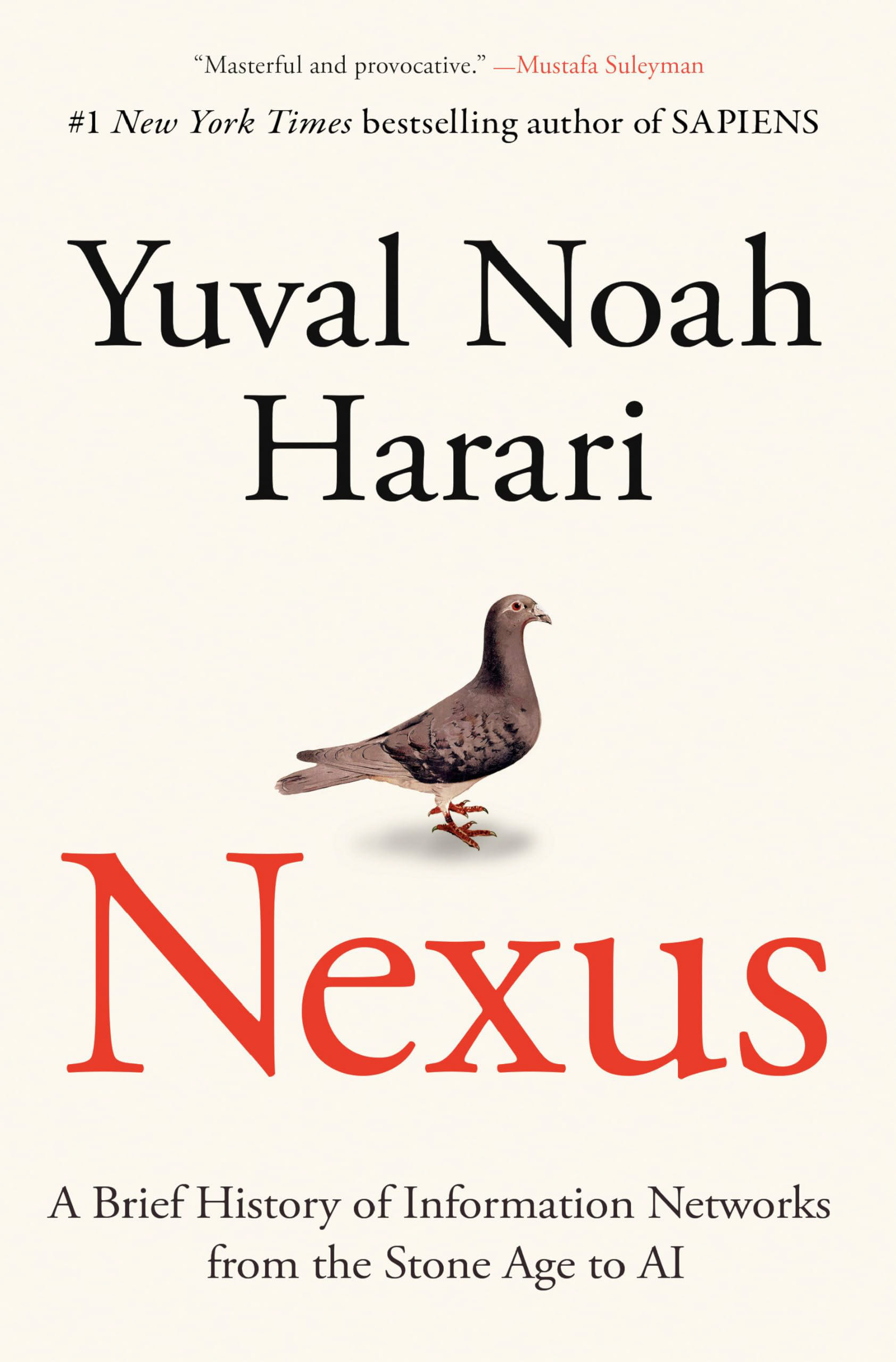
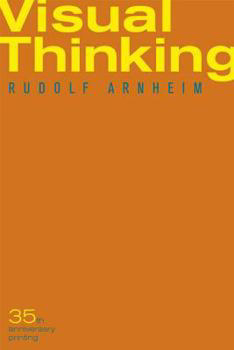
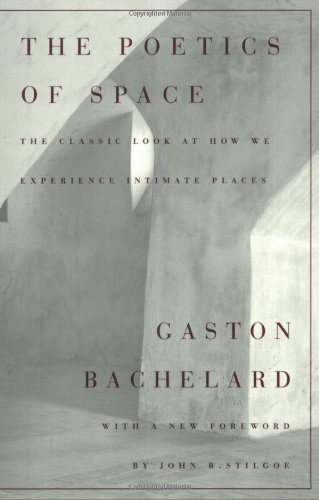
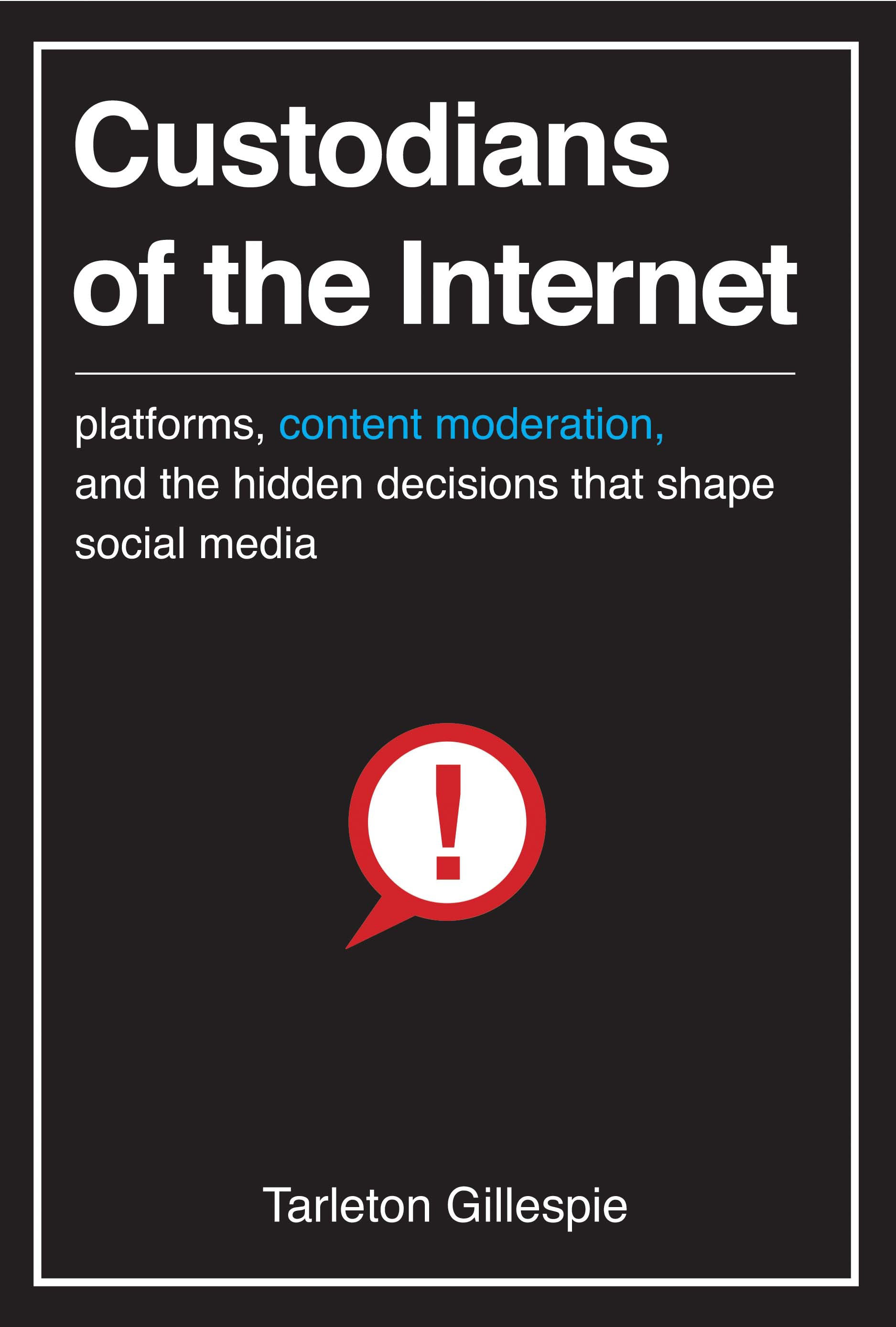
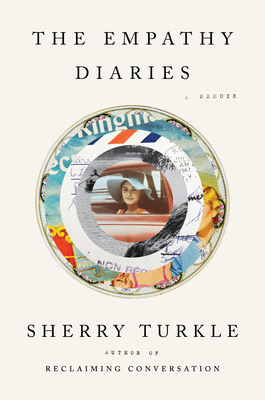
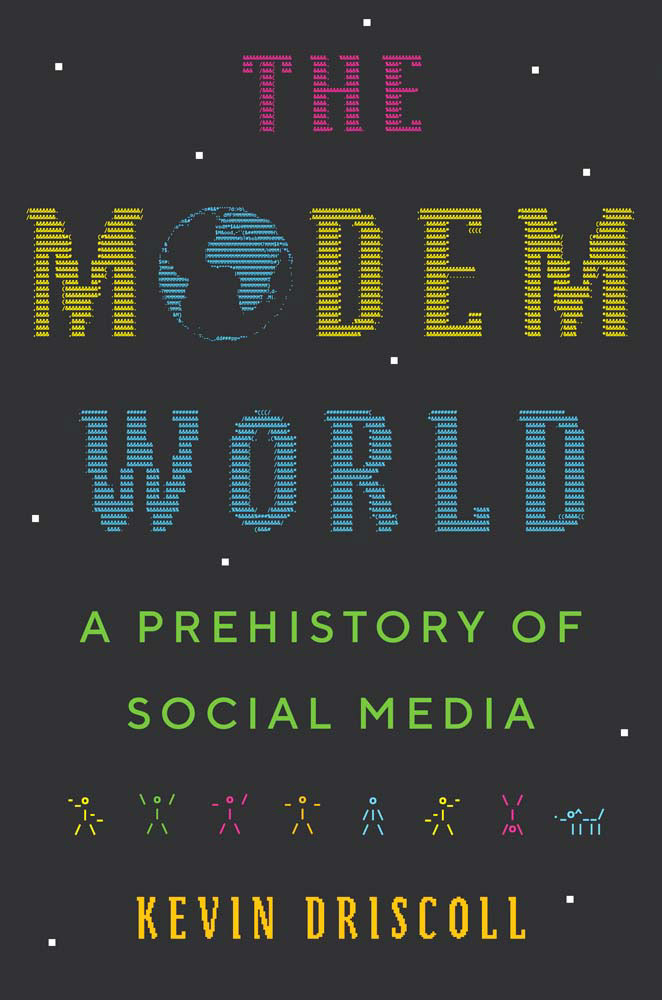
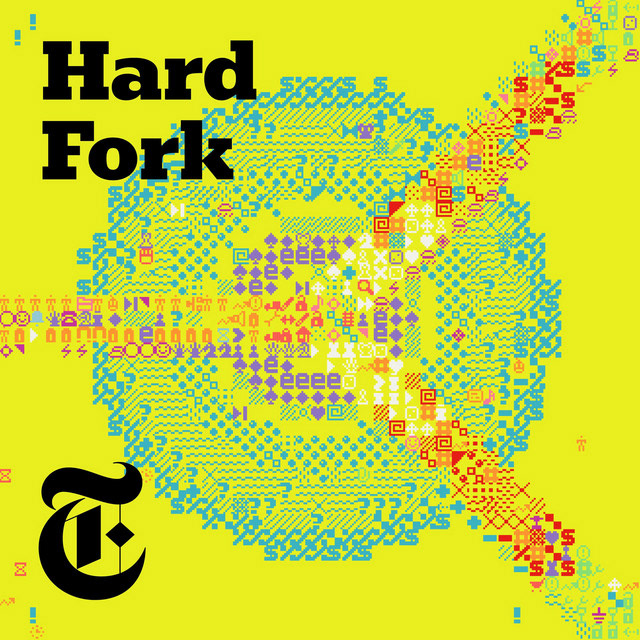
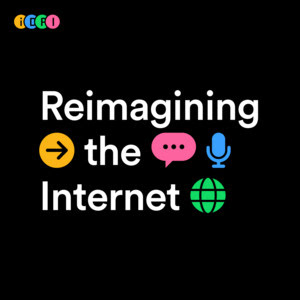
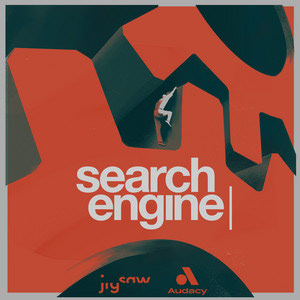
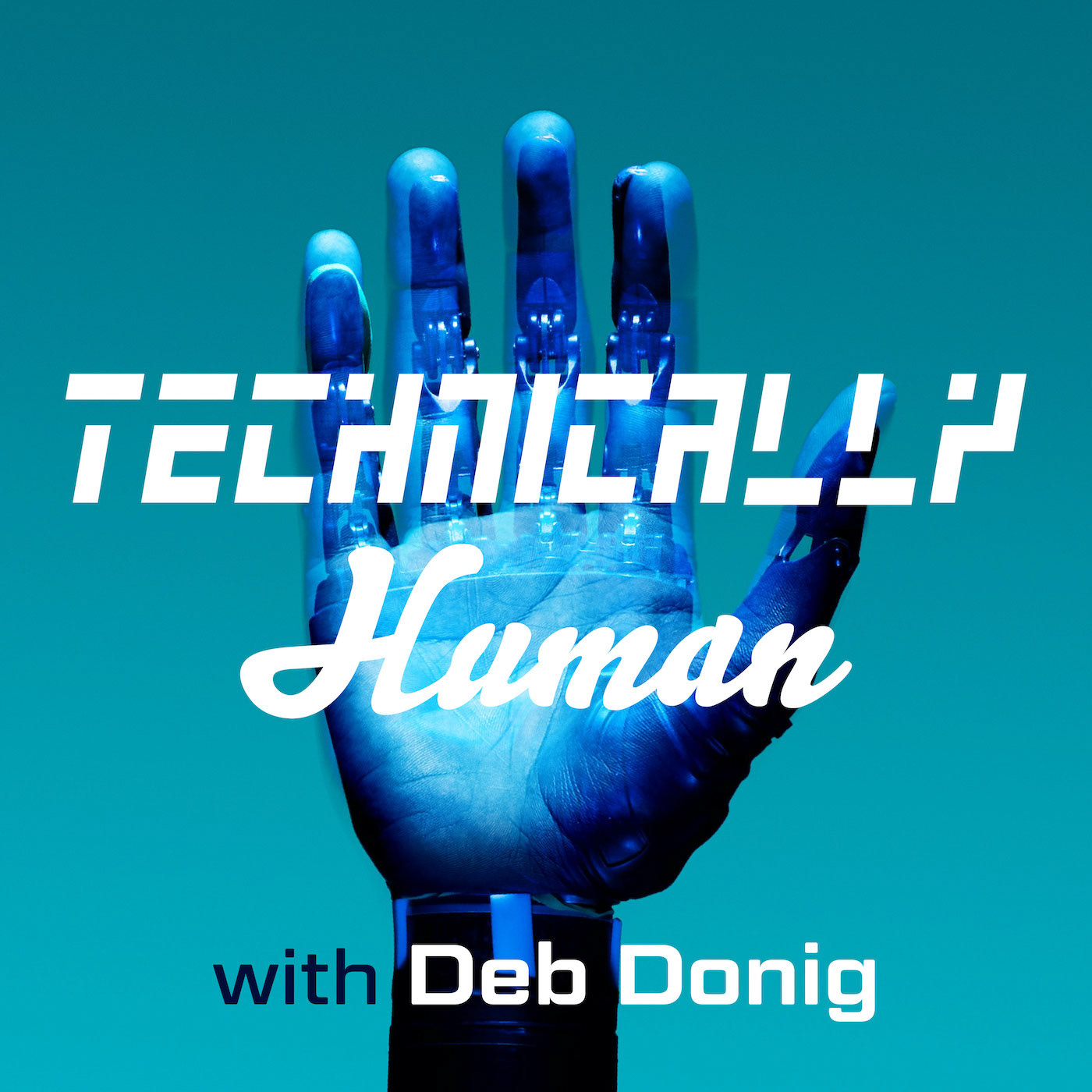
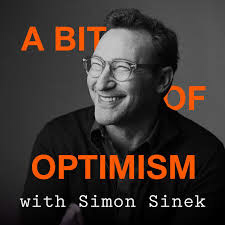
My Deets:
MBTI/Enneagram: ENFP/4w3
Clifton Strengths: Adaptability, Belief, Connectedness, Ideation, Positivity
Hobbies: Punk band!
Personal Interests: Communication and Technology, Tech Ethics, Poetry, Classic Literature, Rock and Funk Guitar, Bass Guitar, 90s Computer Games
Controversial Take: Anti Swivel Chair. Four on the floor please!
Hometown: Pullman, WA

